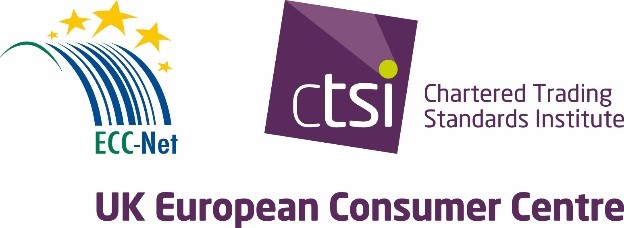We all know that having a will drawn up isn’t an experience that most people look forward to, not least because it means facing up to your own mortality. At what could be a stressful time, the last thing anyone wants is for there to be a problem and for the customer to have cause to complain.
But there is good news: the Institute of Professional Willwriters (IPW) is the latest organisation to become an officially approved Alternative Dispute Resolution (ADR) provider, meaning that it can now take up complaints about wills and other related documents for anyone who uses the services of one of its members.
The IPW is a not-for-profit membership body for Will Writers in Great Britain. Formed in 1991, it now has over 900 members, working within 265 will writing and estate planning companies.
The types of disputes covered by the ADR scheme include: wills, powers of attorney, advance directives and the administration of estates of people who have died.
CTSI is appointed by the UK government to audit and approve bodies which meet requirements of the consumer Alternative Dispute Resolution (ADR) Regulations (The Alternative Dispute Resolution for Consumer Disputes – Competent Authorities and Information – Regulations) 2015.
Andy Allen, ADR project leader at the CTSI (the ADR auditing and awarding body), said: “Any kind of complaint can be difficult for a consumer, without adding to the stress by feeling that your complaint isn't being listened to. Whilst most wills and related services will probably go smoothly, there are unfortunately occasions when they go wrong.
"If a consumer does have a valid complaint and feels that the willwriting company concerned isn’t resolving it to their satisfaction, there is now another avenue for the consumer to do down.
"It is generally accepted that consumers are more willing to use Alternative Dispute Resolution processes than to use the court process. It is also accepted that these ADR processes are much better at maintaining, or recovering, a positive relationship between the consumer and trader. For anyone who uses a willwriting service that’s a member of the Institute of Professional Willwriters that's got to be good news.”
The use of the Institute of Professional Willwriters ADR procedure is limited to members of the IPW only. It is an arbitration scheme whose outcome is binding on the members. Members of IPW - the traders - are required to try to resolve the matter with the consumer through their in-house complaints procedure before escalating the complaint to the IPW ADR service, which is free.
New legislation now requires UK traders - which would include all willwriting companies - to inform consumers of an approved Alternative Dispute Resolution (ADR) body to help consumers resolve their complaints and state whether they will agree to use the ADR process with the consumer. The ADR body must be relevant to the sector in question. The legislation came into effect in October 2015.
CTSI’s Andy Allen added: “Originally this ADR initiative came about as a result of a European Directive following the recognition that the court system was too slow and expensive as a practical way of dealing with consumer disputes. The reality is that more people don’t go to court, so this is an alternative to doing nothing.”
ENDS
Notes to Editors
Chartered Trading Standards Institute (CTSI)
CTSI is a training and membership group that has represented the interests of the Trading Standards profession since 1881 nationally and internationally. We aim to raise the profile of the profession while working towards fairer, better informed and safer consumer and business communities. CTSI’s members are engaged in delivering frontline trading standards services in local authorities and in businesses. www.tradingstandards.uk
CTSI is also appointed by the UK government to audit and approve bodies which meet requirements of the consumer Alternative Dispute Resolution (ADR) directive.
For further information please contact the CTSI press office on 01268 582206 or 074980 47545 during office hours.
- Legislation now requires UK traders - which would include willwriting companies - to inform consumers of an approved Alternative Dispute Resolution (ADR) body to help consumers resolve their complaints, if they've already been through their own customer service procedure. The ADR body must be relevant to the sector in question. The legislation came into effect in October 2015.
- Consumers should use an ADR scheme when they have failed to resolve a complaint, when they have already gone through a company's customer service procedure and when they are thinking of enforcing any consumer rights. At the moment traders (and consumers alike) don't have to use the ADR scheme, although the law requires there to be an ADR scheme in each sector. If you are a trader selling to a consumer then there needs to be an ADR body.
- Currently approved ADR schemes cover everything from retail to carpets, to higher education, furniture, the motor and rail industries. More information is available from the European Commission's website: https://webgate.ec.europa.eu/odr/main/index.cfm?event=main.adr.show (just enter your country).
- ADR is a range of processes that offer parties easier, quicker and most cost-effective methods to resolve complaints compared to the court process. To became an approved body to which traders can send consumers, an organisation providing ADR has to be audited and prove that it meets the regulations' standards.
